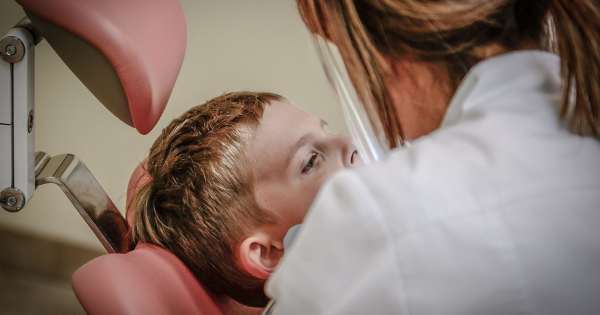Understanding Sedation Dentistry: The What, Why, and How

Going to the dentist may not necessarily be your favorite activity. But for many people, dental visits are a huge source of stress and anxiety. Whether you had a traumatic experience with a dentist in your past or your inexperience with dental treatments has allowed your imagination to spin out of control, it’s possible that you could be avoiding necessary care due to your dental fears. In other situations, it’s possible that physical characteristics beyond your control make it impossible for you or a loved one to get through a dental visit. In these circumstances, it may be wise to consider dental sedation.
In today’s post, we’ll learn a bit more about this type of dentistry, how it works, and who can benefit from this option. So sit back, relax, and get ready to find the solution to your dental fears.
What is Sedation Dentistry?
First, let’s talk about dental sedation. This type of dentistry involves the use of medications to help patients feel more relaxed during their appointments. There are actually a few different types of dental sedation used in a variety of scenarios. Some dentists may offer minimal sedation, which allows the patient to remain awake but very relaxed. Moderate sedation also keeps the patient awake, but they probably won’t remember much of the procedure afterward. Some dentists may offer general anesthesia, where the patient is completely unconscious, but others might offer only deep sedation, which keeps the patient on the edge of consciousness. It really depends on the dentist and the methods they use; these will vary between practices, so be sure to conduct some research first.
How Does Sedation Dentistry Work?
Dentists may use one of a few different types of sedation to achieve the desired result. A patient may breathe in nitrous oxide and oxygen for minimal sedation, which wears off relatively quickly and can be easily controlled. Oral sedation may also be an option, which is taken in the form of a pill. Depending on the dosage, you may be moderately drowsy or sedated enough to fall asleep during the treatment.
A dental sedative may also be administered through an IV, which allows for fast-acting sedation and continuous control. In some cases, general anesthesia may be recommended to put the patient into a deep sleep; when the sedative is administered in this fashion, it either needs to wear off naturally or be reversed with medication. Generally speaking, sedation dentistry is considered to be safe. Although there is always a small risk with any kind of anesthesia, dentists experienced in this area are highly regulated and are highly trained to protect their patients.
Why Might You Consider This For Your Next Dental Checkup?
Dental sedation can be a good idea for many patients, but it isn’t something that should be decided lightly. Patients who experience extreme anxiety or fears about dental visits, as 15% of Americans do, are often good candidates for this type of dentistry. It may also be an appropriate choice for people who have a low threshold for pain, who are unable to sit still, who have sensitive teeth or gag reflexes, who don’t respond easily to local anesthetic, or who are undergoing major dental operations.
Keep in mind that both adults and children may receive sedation at their dental visits, depending on the specific circumstances. However, it’s not always a good choice for elderly patients, pregnant women, those with certain allergies or respiratory conditions, people with sleep apnea, or those who are taking specific medications.
How Do You Find a Local Dentist Who Offers This Option?
Now that you know a bit more about dental sedation, you might be wondering whether it’s time to talk to a dentist about this option. If you’ve been avoiding your regular appointments due to anxiety or you have certain sensitivities that have made other dental appointments torturous, it may be wise to look into sedation dentistry options in your area.
Fortunately, you don’t have to go far to find a dentist that offers this service. Whether you’re planning ahead for a major procedure or you’re dreading your next dental checkup, our sedation dentistry experts are here to help. To learn more, please contact Loudoun Dental Associates today.

